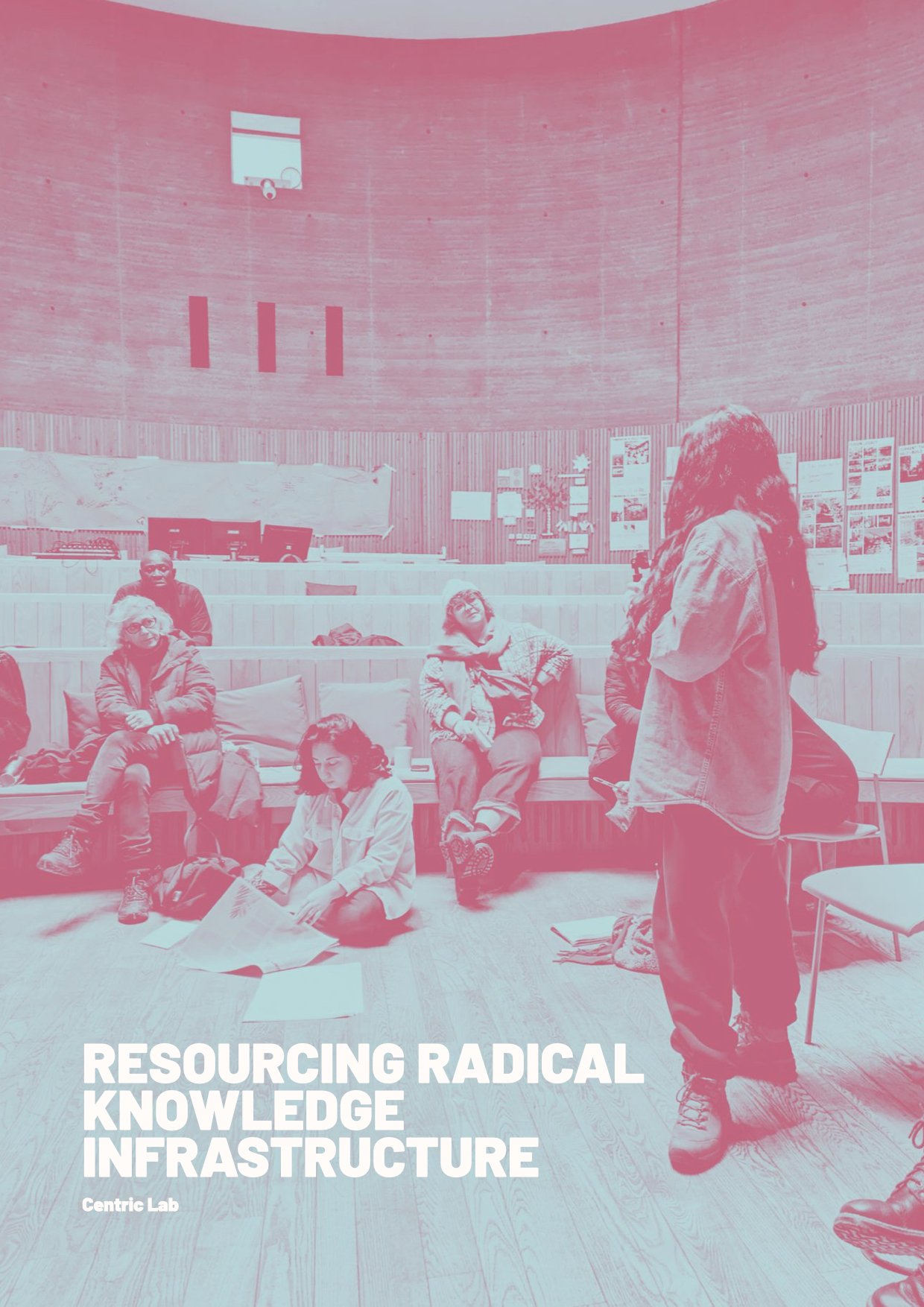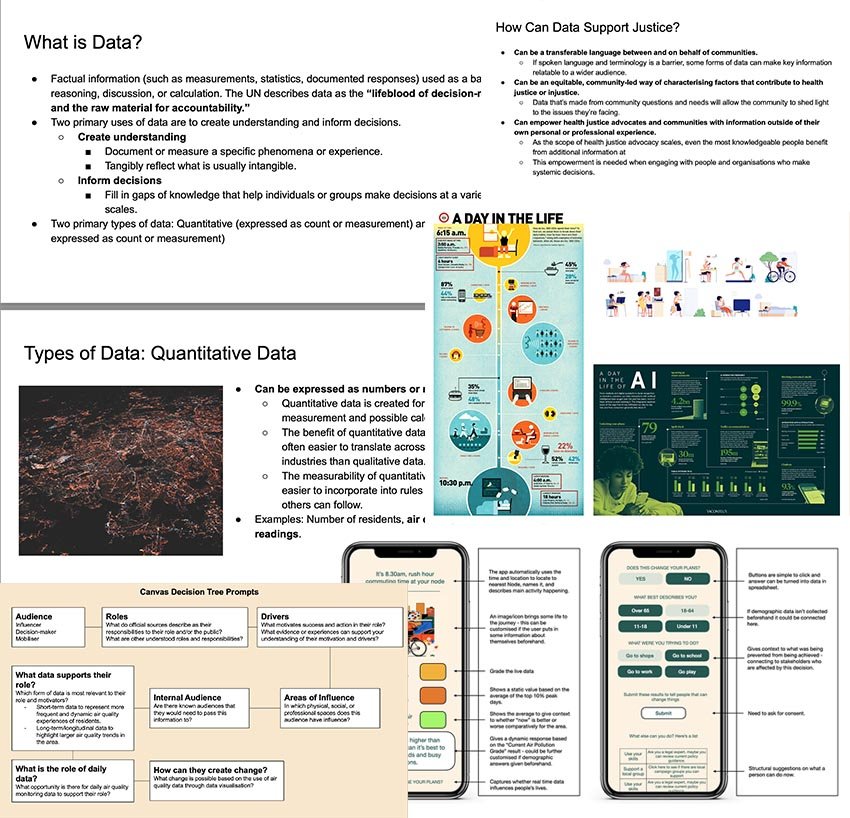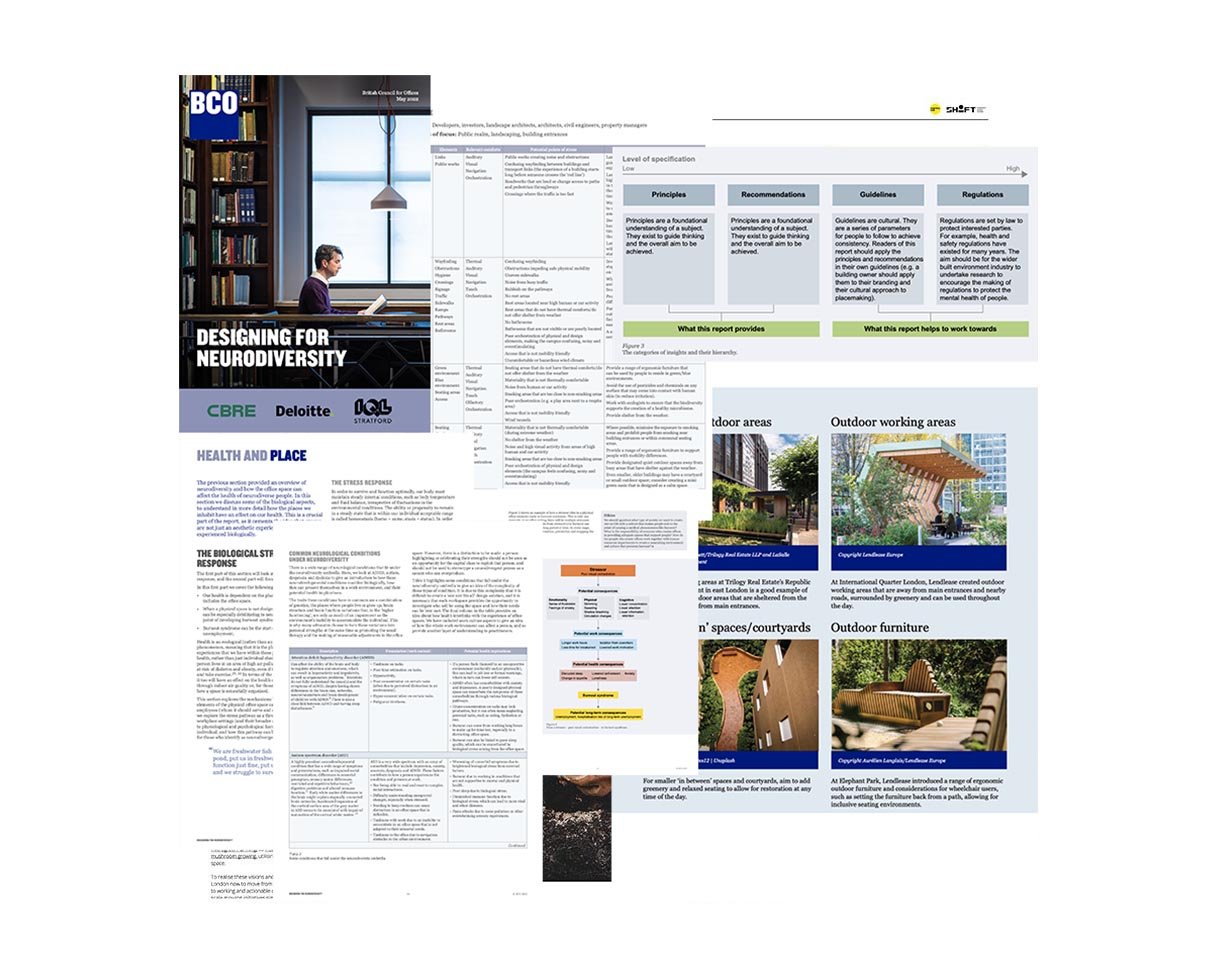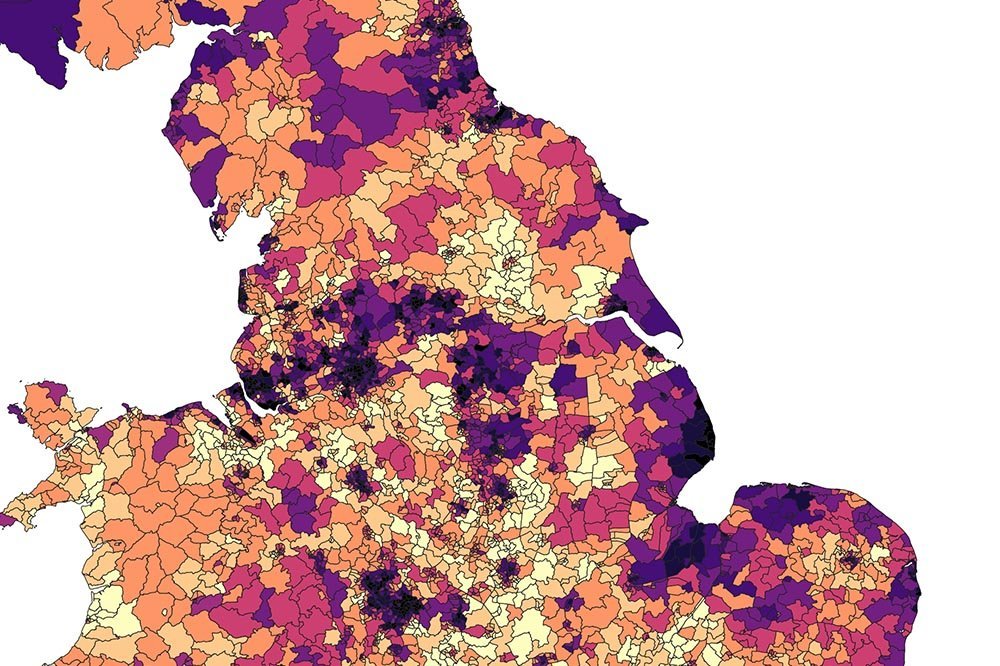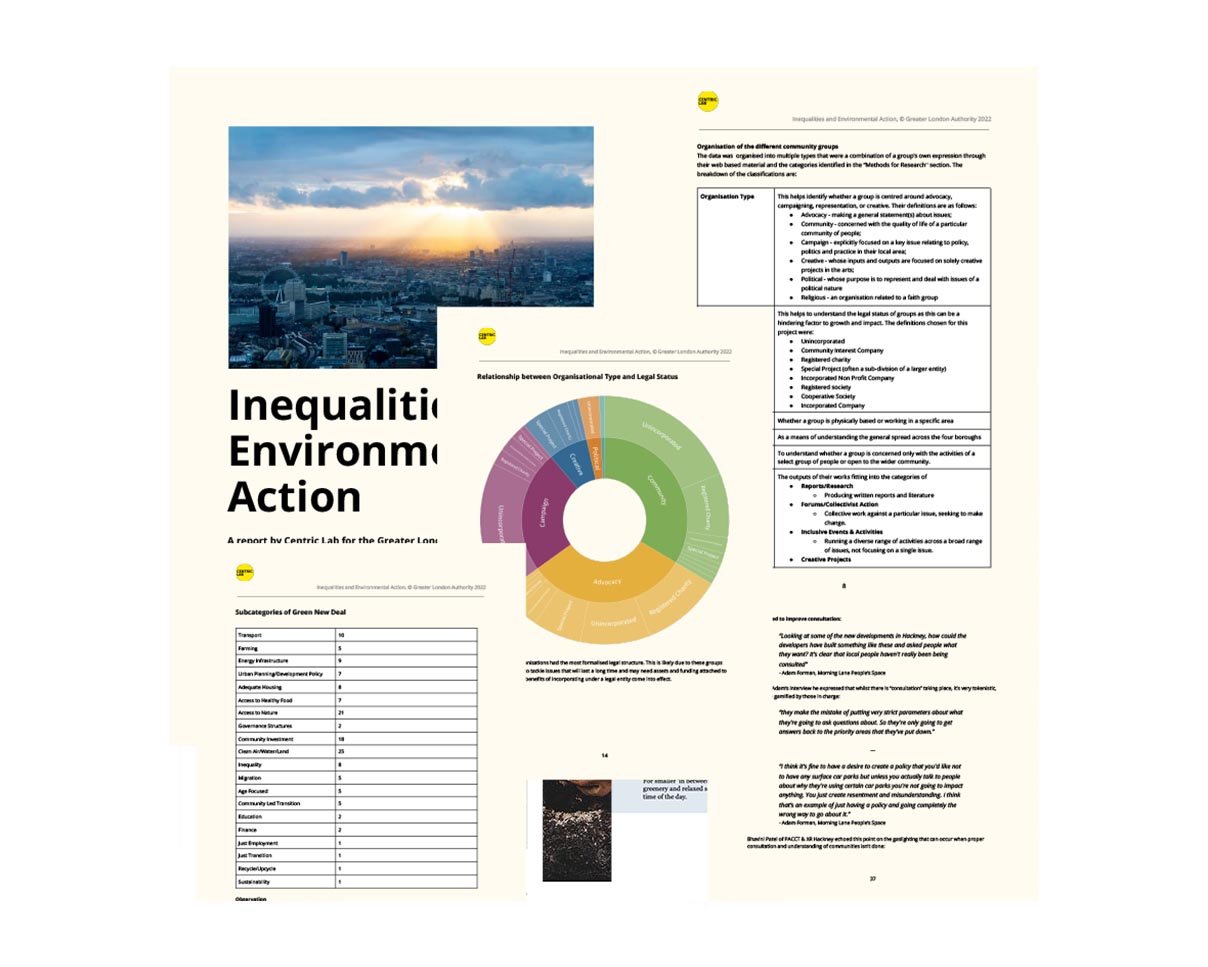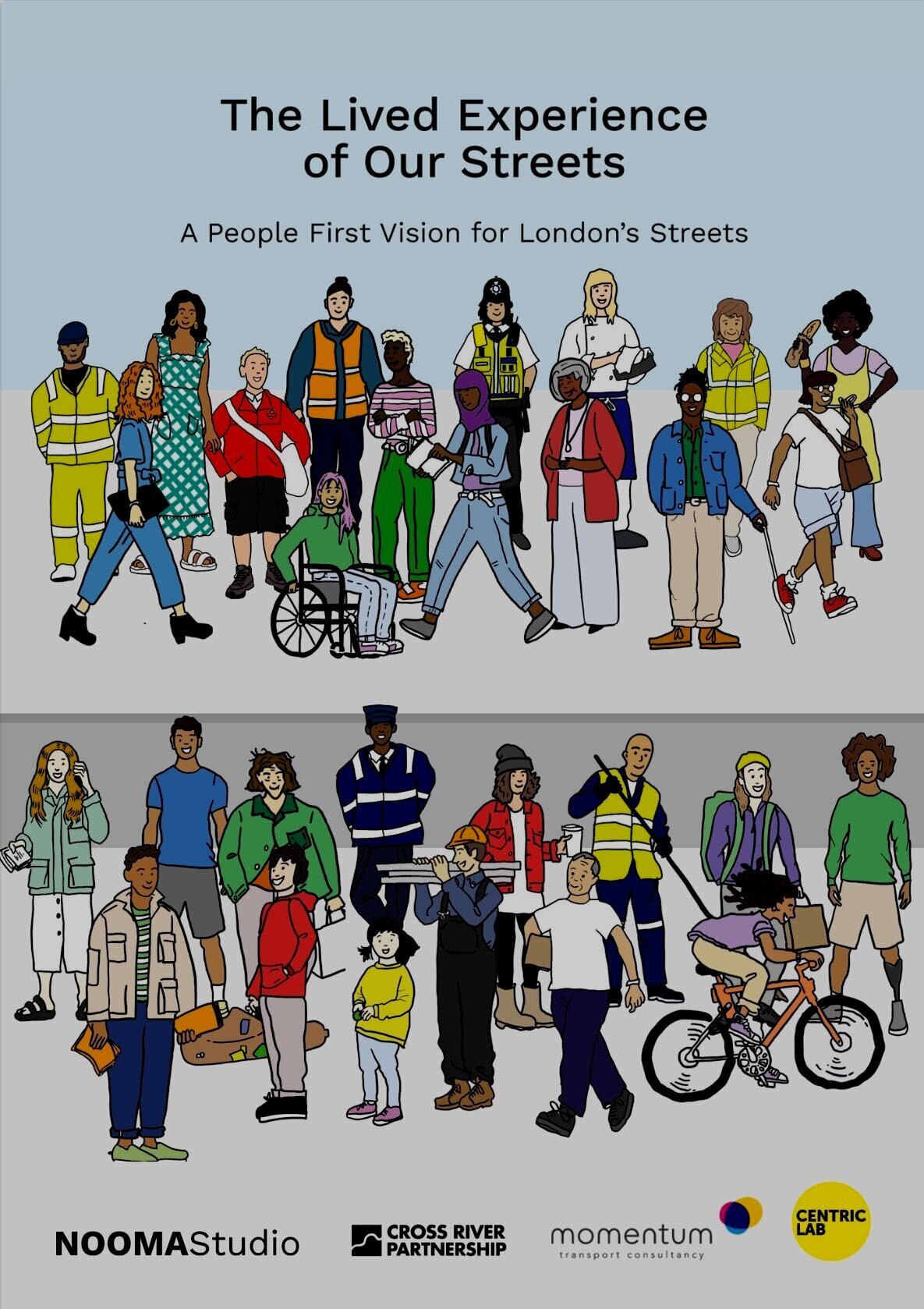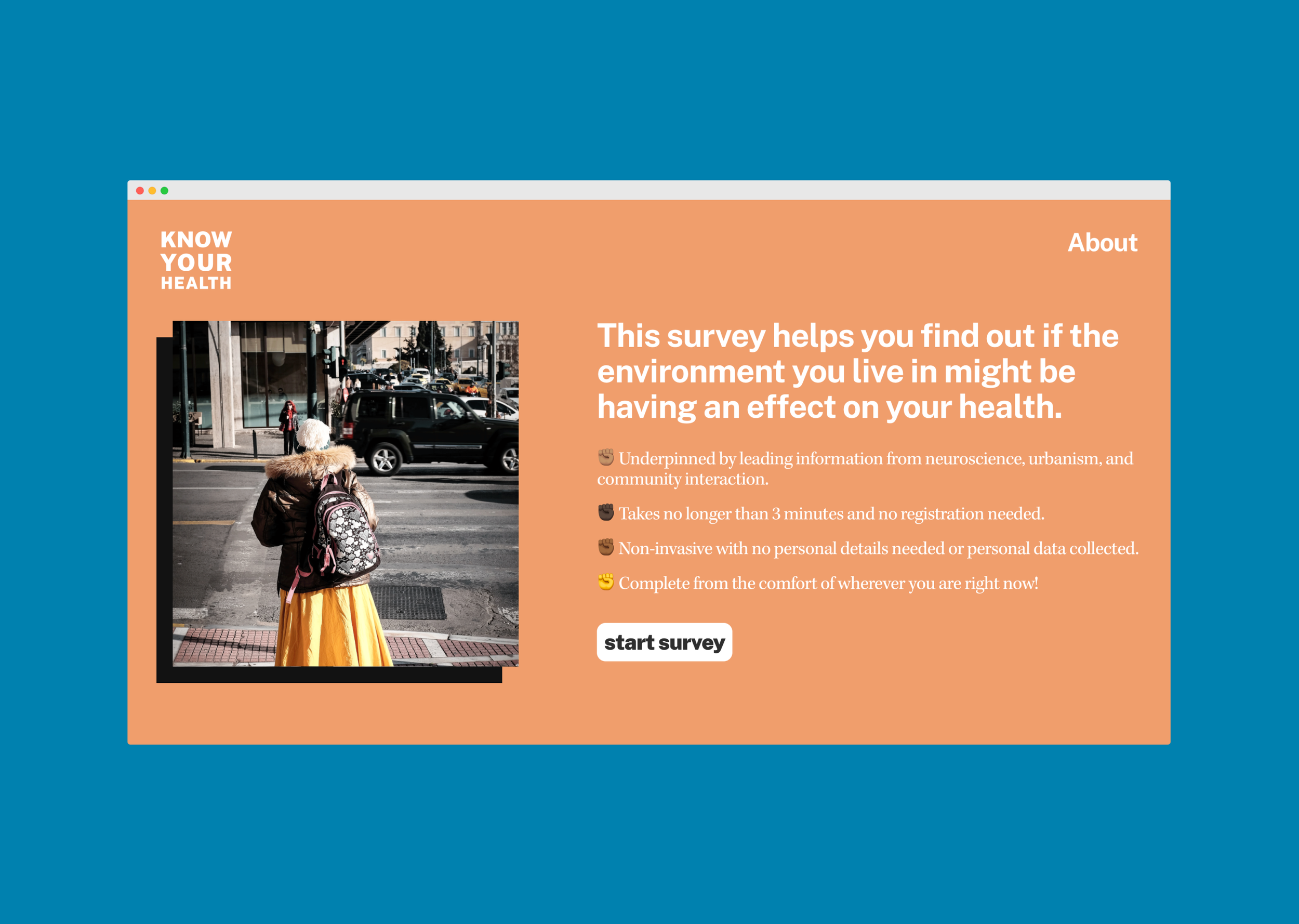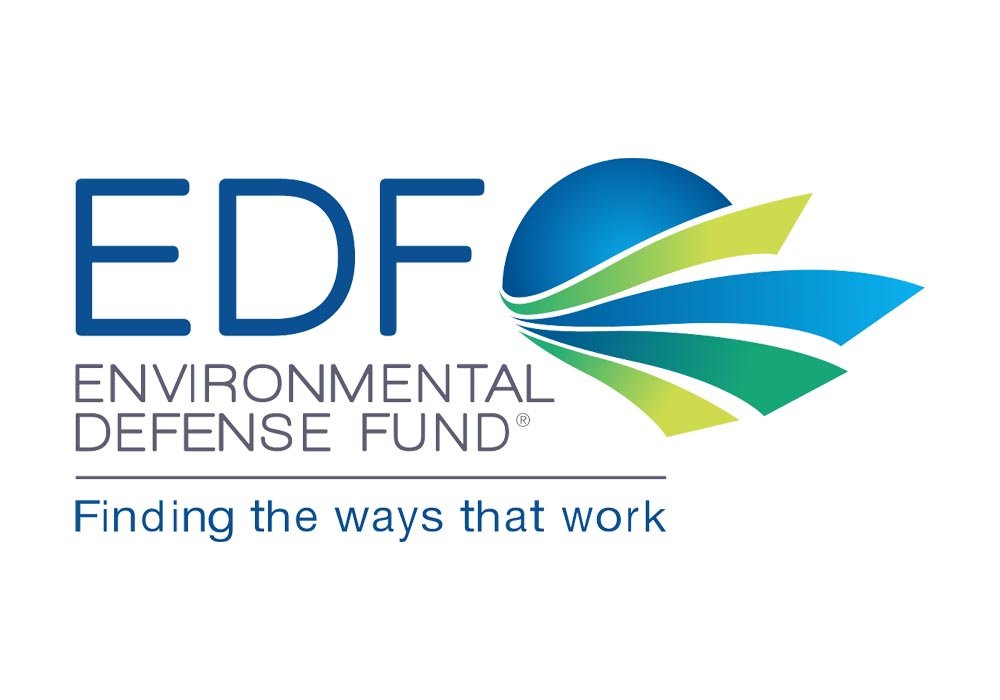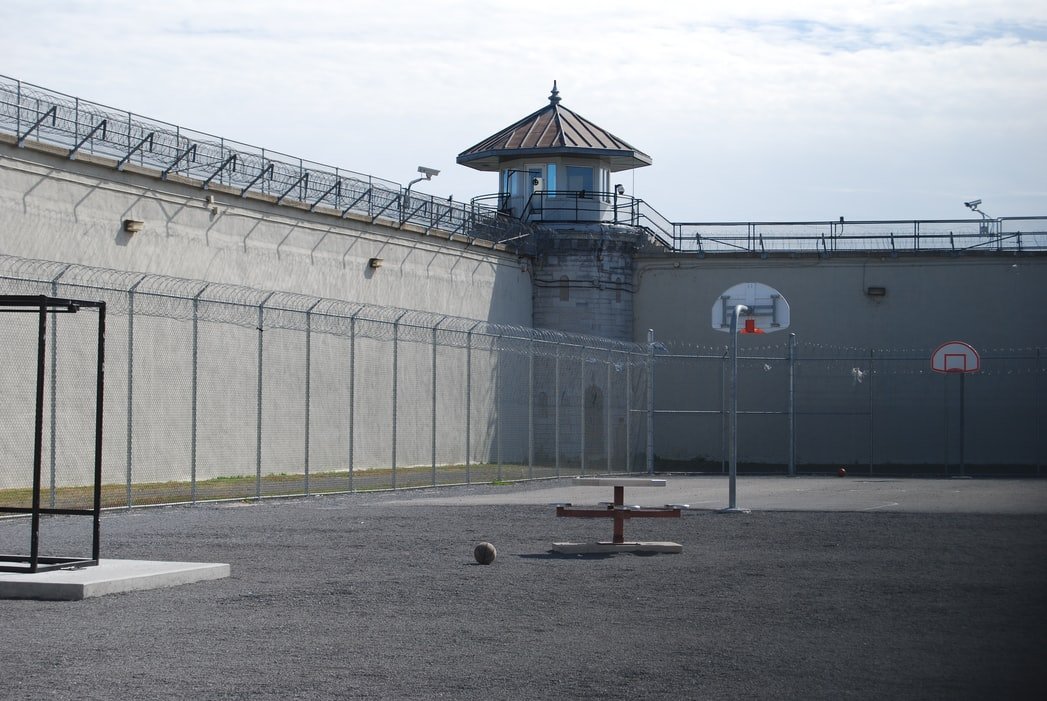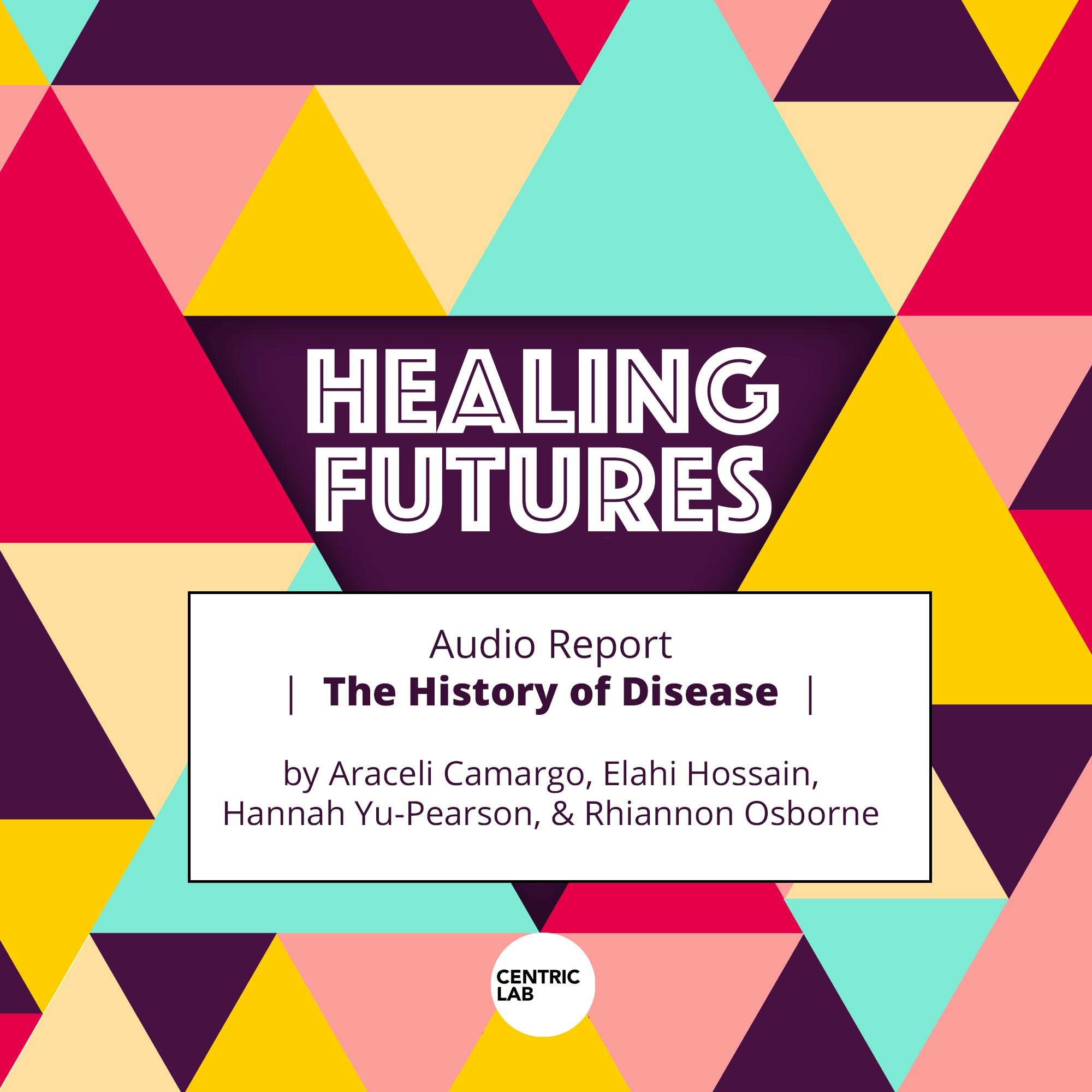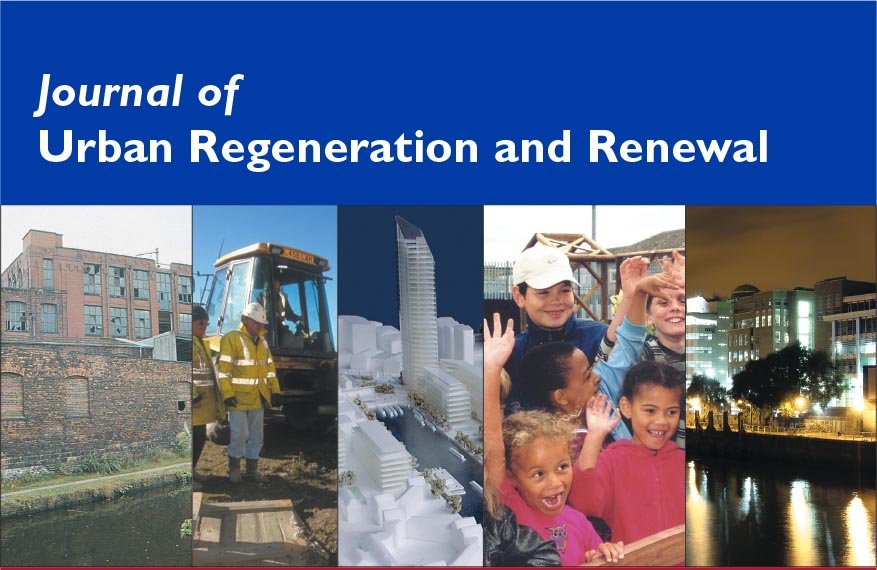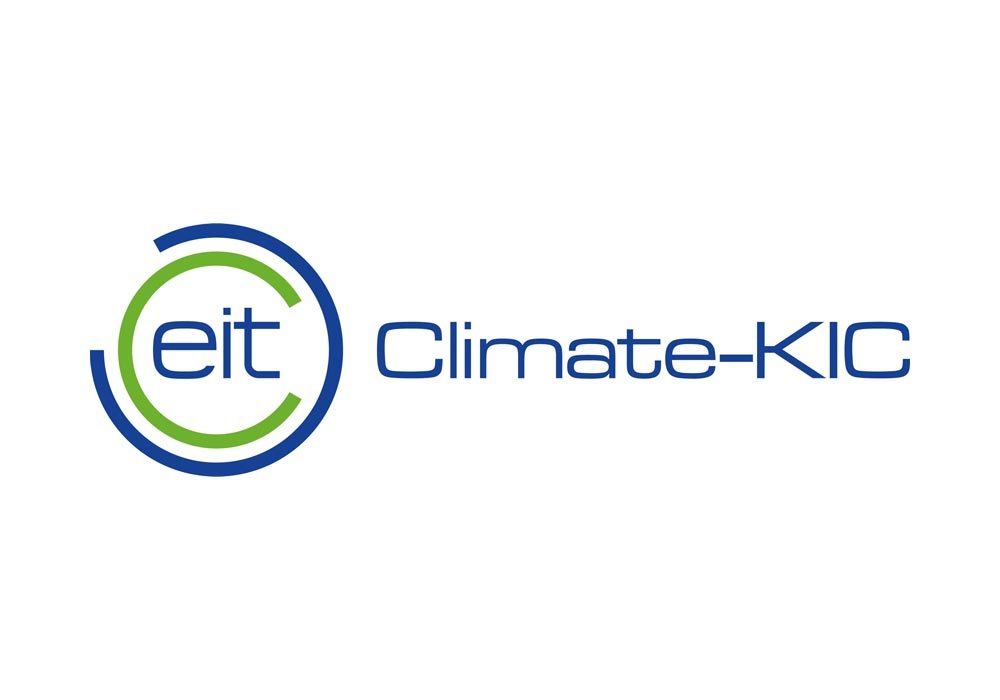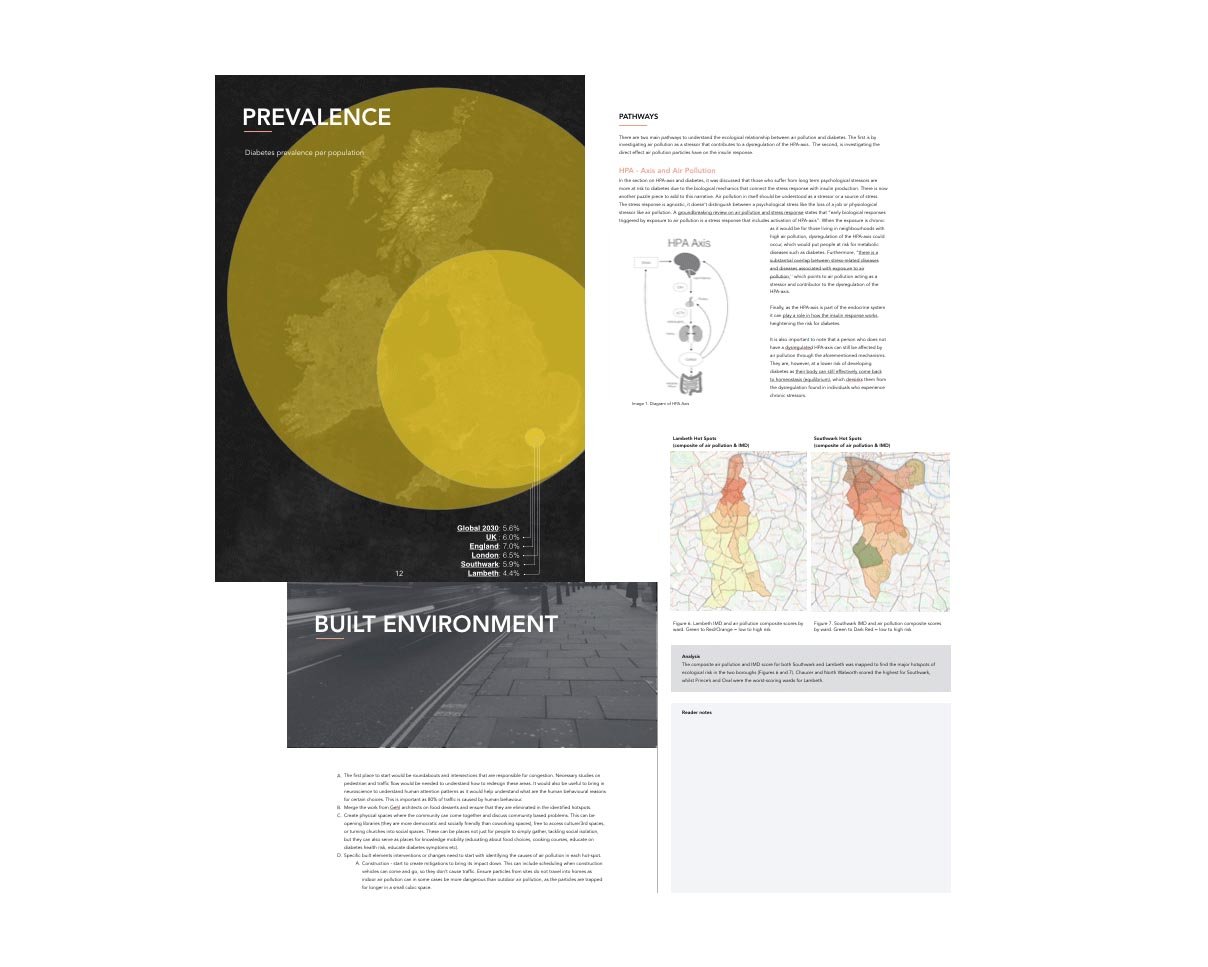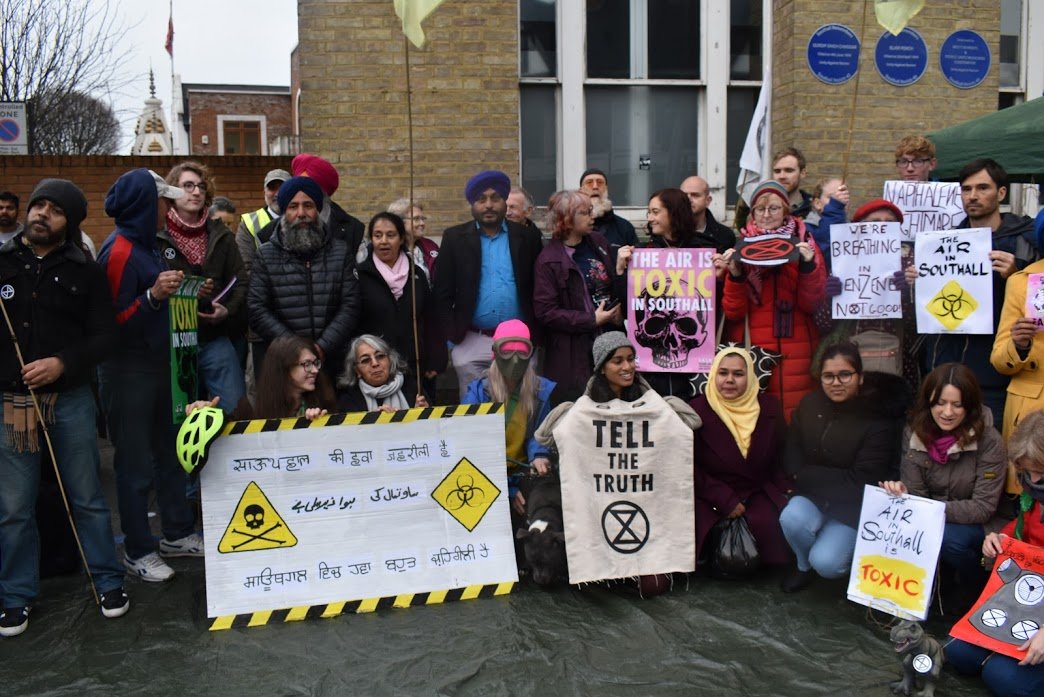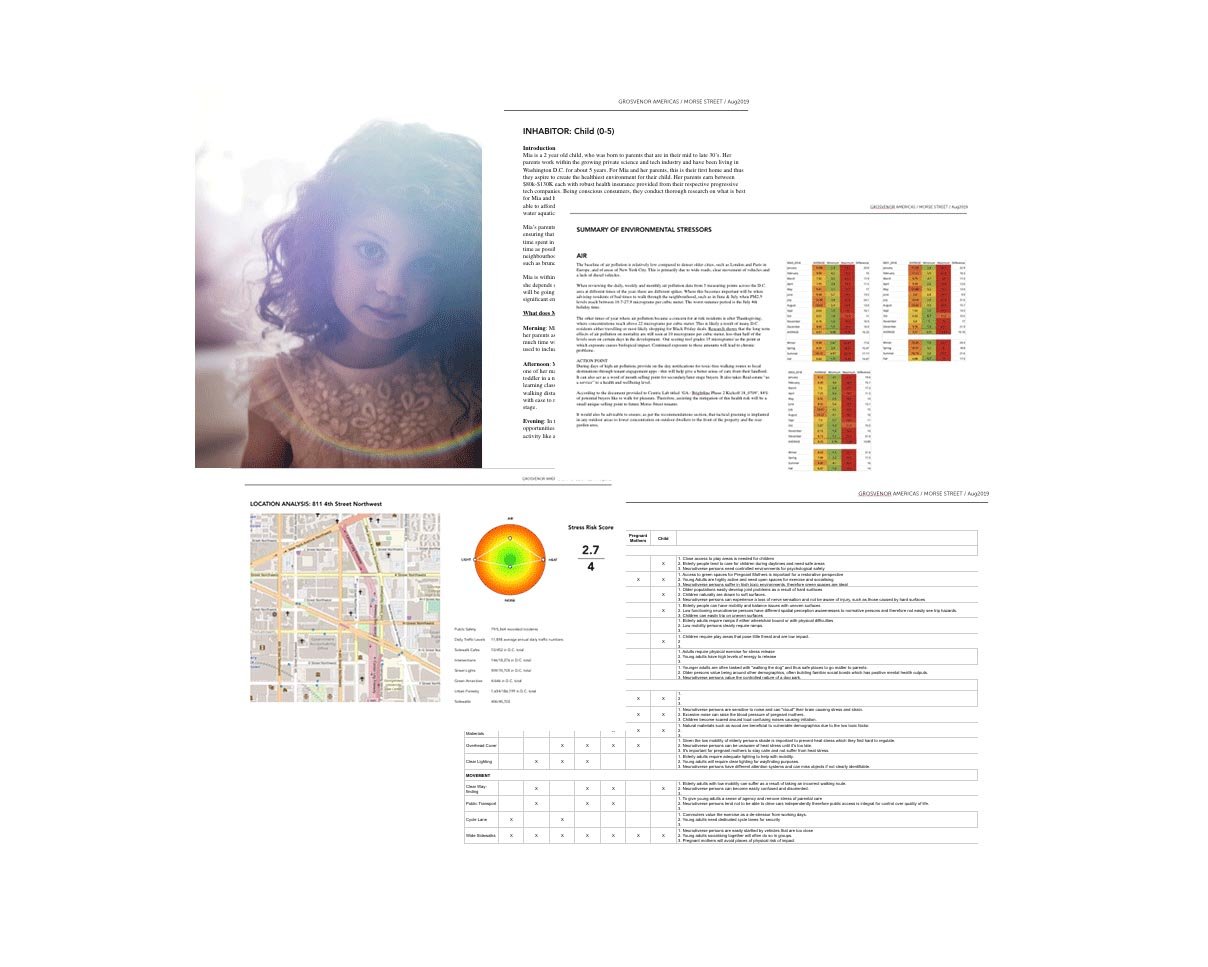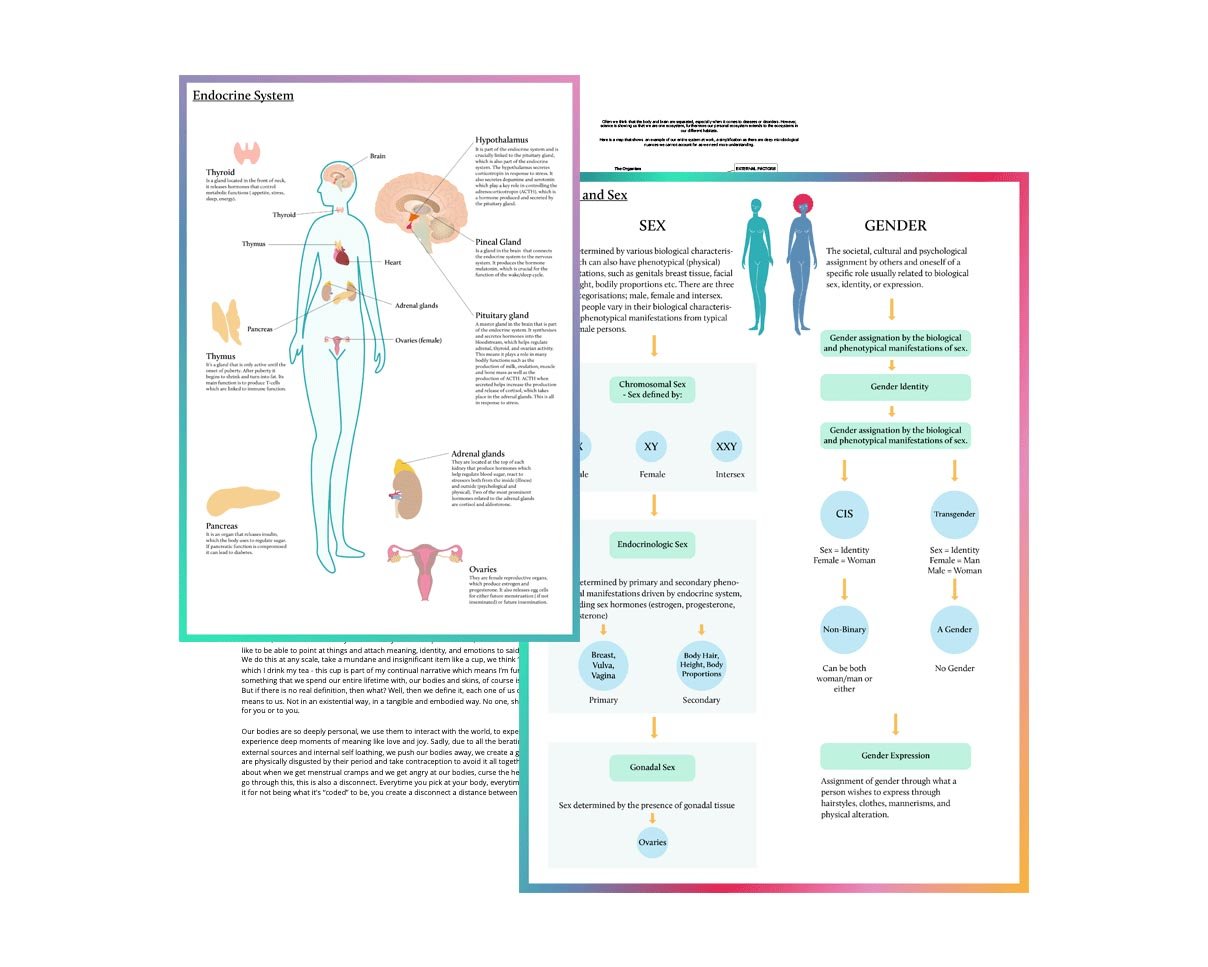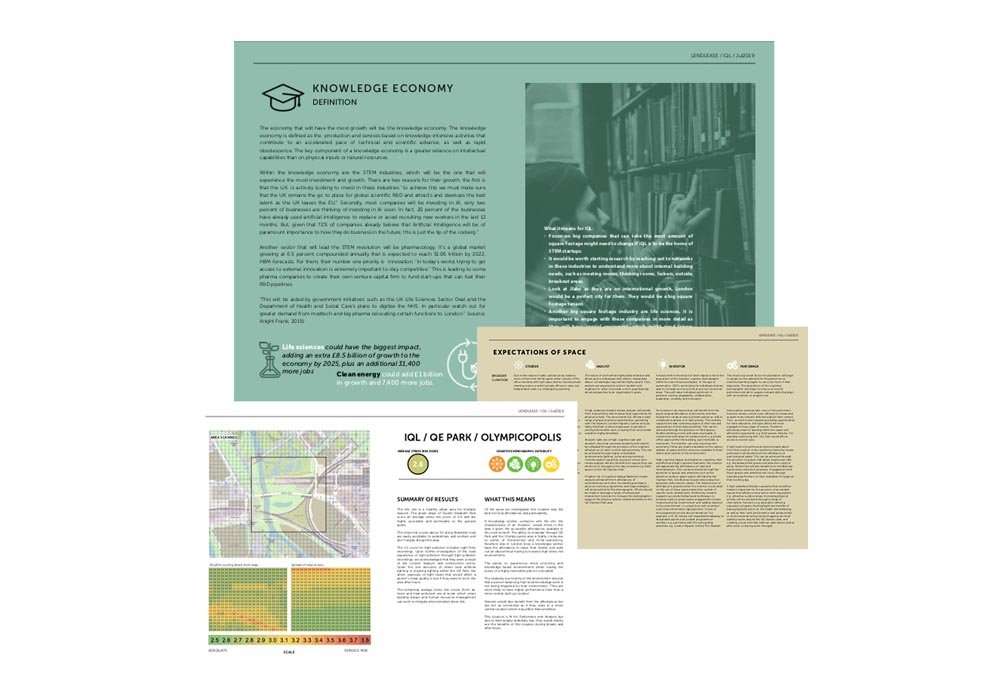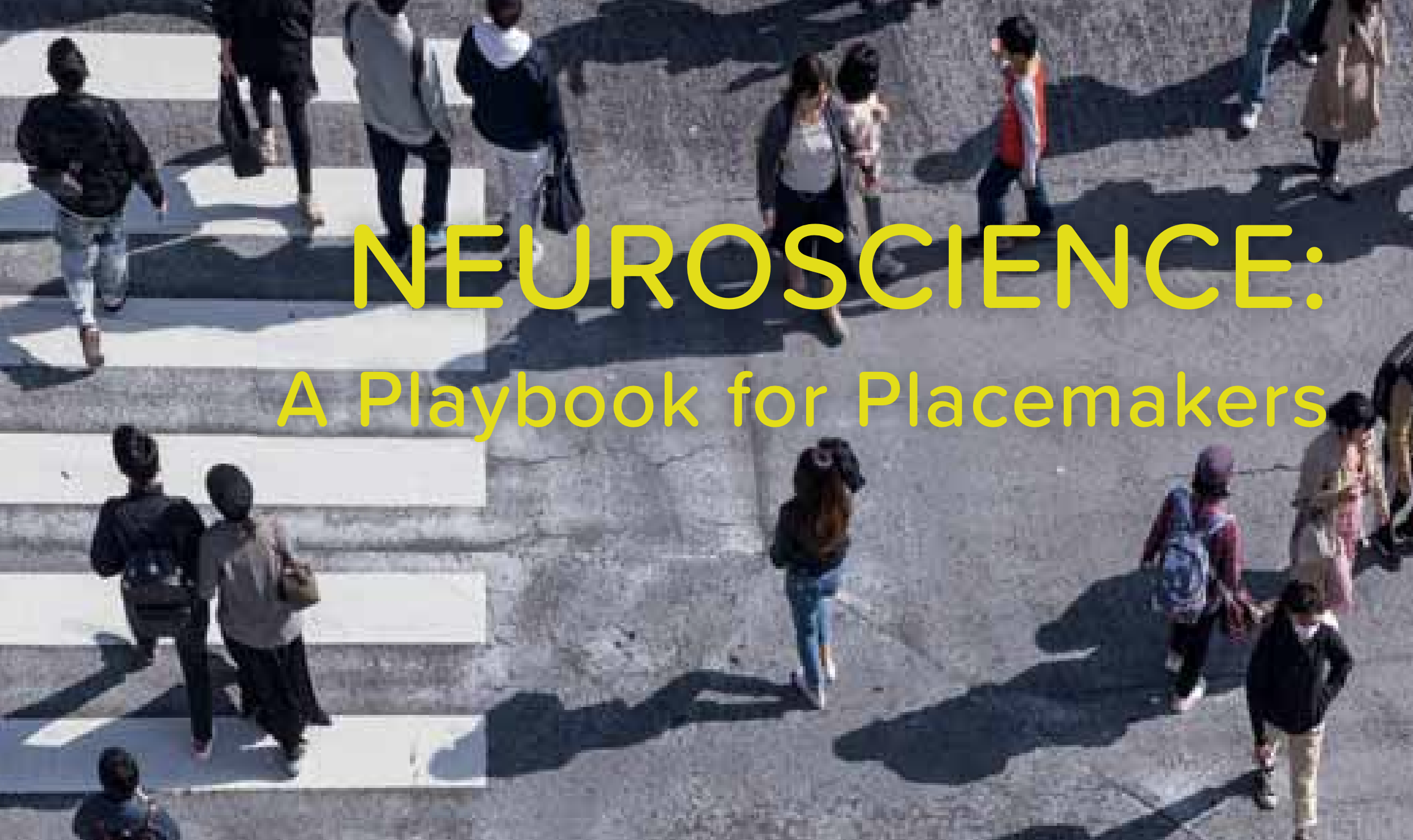Our Work
We define ourselves as an ecosystem, because we understand that the road to justice requires collaboration and cross-organisational Kinship. We do not lead from above, but instead create the time and space for multiple forms of justice to flourish. An ecosystem is a living organism and able to sustain itself without hierarchical governance structures, providing abundance and autonomy to everyone within it.
We bring this philosophy to how we work alongside public, private, and third-sector organisations to create special projects and run programmes.
Explore our ecosystem through the following categories, all supported by people, data, and science.
Community Knowledge Building
Platforms for peer-to-peer learning and knowledge dissemination
Imaginations
Knowledges for creating non-supremacy narratives and thought processes
Justice Tools & Framings
Free tools for communities seeking environmental and health justice
Previous Projects
Centric Lab were invited and commissioned by Science Gallery London to provide a piece of work that explores the differences we could all make, if we viewed the planet’s health as an extension of our own. Vital Signs: Another World is Possible was open from November’24 to May’25.
A Declaration: a spiritual and cognitive tool to be used to generate a rallying cry, a demand, invocation, a wish, or a prayer to enact Ecological Health in Neighbourhoods.
We have put together a propositional paper that we feel shows how an infrastructure can be created to support this depth of knowledge surfacing. Resourcing radical knowledge infrastructure means to create the financial, cultural, and equitable pathways for people, groups and movements to create, surface, resurface, and amplify knowledges without restriction, in order to build community power.
Facilitating a workshop with the Breathe London Community Programme on methods to visualise air pollution data for justice.
Ecological Health in Neighbourhoods is a peer-to-peer learning journey for people interested in addressing systemic inequities to communally create neighbourhoods that are life-sustaining, providing people and Nature with health, dignity, and justice.
Working alongside a global engineering firm to provide an inclusivity and accessibility framework for the Euston Overstation Development masterplan.
A project with about how to match a multi-stakeholder health innovation partnership to the needs of East Londoners. SHIFT wanted to understand more about the place based determinants of health, what role can this new collaboration have on the health of east Londoners, and how does innovation fit within this?
A project for the British Council for Offices leading to the production of a playbook for the commercial real estate sector looking at how neurodiversity, employment and office spaces intersect to enact health and social justice.
Biological Inequity is the metric used to identify which places put more biological stress on the human system. Centric Lab has partnered with CGG, a global geoscience technology company, to create a Biological Inequities Index of Great Britain.
The Community Engagement team at the Greater London Authority (GLA) commissioned this report to identify and map community-led projects and insights that focus on environmental issues and concerns in four London boroughs; Hackney, Tower Hamlets, Newham, and Waltham Forest.
Centric were part of a winning consortium led by NOOMA Studio working for Cross River Partnership (CRP), a non-profit and impartial partnership organisation that has been delivering positive change for London’s residents, businesses and visitors for over 25 years. CRP members were looking for guidance to navigate the multiple demands of London’s streets.
Our mission: to create mass awareness of how the places we live impact our health. The more of us are aware of how our health is impacted by the places we live the faster we heal.
A keynote presentation delivered for the United Nations Development Programme looking at what alternative infrastructures can we imagine once we move beyond the current Covid pandemic lock-ins, and how can geospatial data be then ethically used to understand health at a city level?
Know Your Health is an online survey and downloadable ‘playbook’ that will empower people living in, managing or conceiving cities to take action to create opportunities for better health, through improving their local environment, community and personal habits.
A data led study for the Environmental Defense Fund to better understand how can policy makers equitably make London’s Red Routes “green”?
Providing scientific support for lawyers advocating for early release.
Our podcast is a place where we have conversations of hope and progression.
Our contribution to the Journal of Urban Regeneration and Renewal: a Special Issue that sets out the case for a systematised intellectual and practice-based discipline and movement: an urban psychology, with an explicit therapeutic mission.
How does city planning and infrastructure play a role in health?
A research piece for Guy’ & St. Thomas’ Charity looking into how air pollution contributes to diabetes distribution in Southwark and Lambeth communities?
How does air pollution affect community health?
Working directly with a development team from Grosvenor Americas to influence how their masterplan makes positive health impacts in the local Washington D.C. community?
Producing a science lexicon and research base for the technology company Moody on what does health mean for women in the 21st century?
How can a new district preserve community health in the face of climate change?
A first of its kind, this project was a close collaboration between Future Cities Catapult, Centric Lab and University College London.



